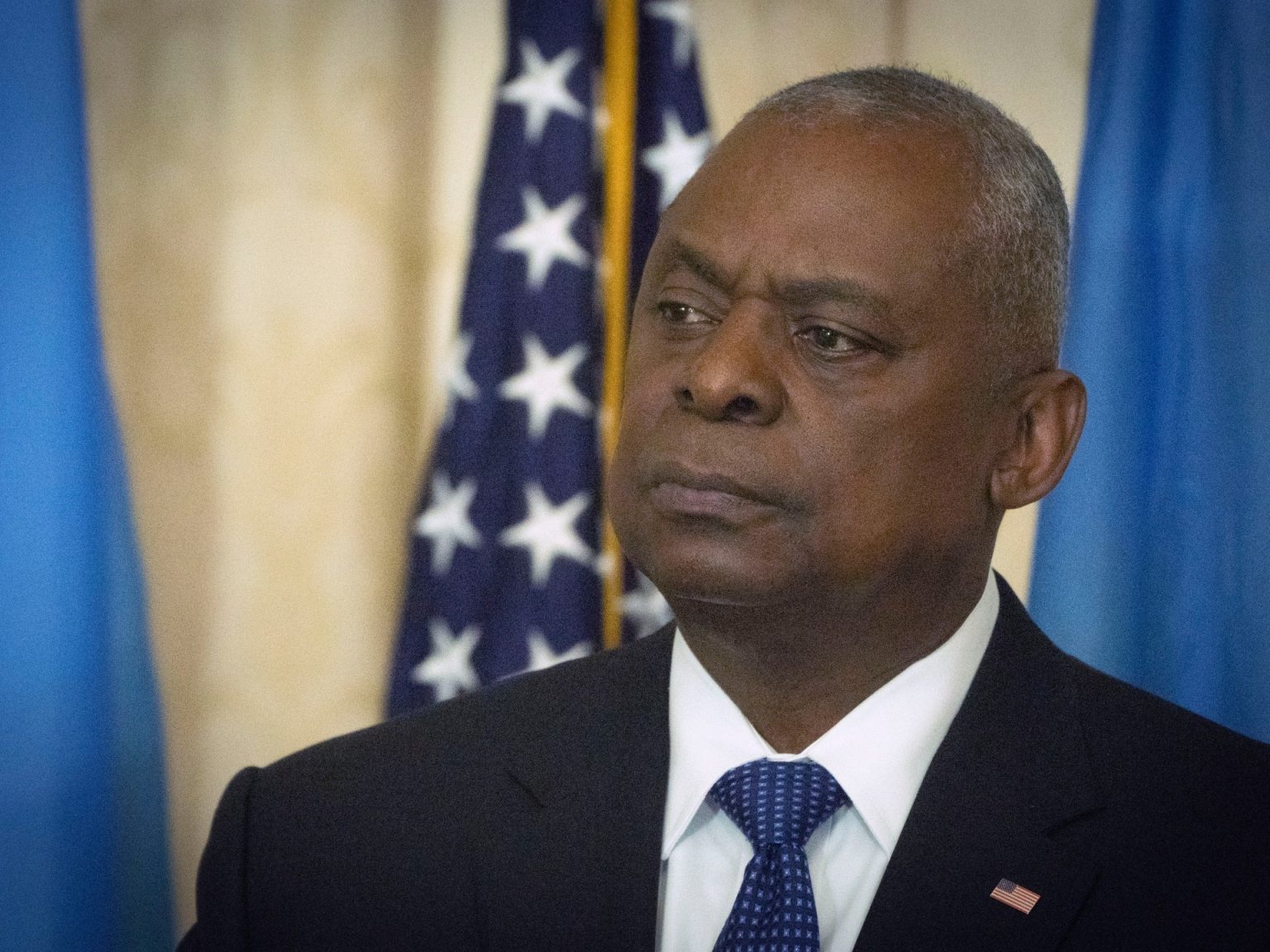A United States military appeals court has denied Pentagon chief Lloyd Austin’s effort to throw out possible plea deals for the alleged mastermind of the September 11, 2001 attacks, Khalid Sheikh Mohammed, and his two co-conspirators. The deals could allow the men to plead guilty in exchange for avoiding the death penalty. A plea hearing for Mohammed, who is accused of orchestrating the attacks, is set for next week. The military appeals court’s decision upheld a previous ruling that Austin did not have the authority to cancel the agreements. The use of torture on prisoners during the so-called “global war on terror” has complicated the case, potentially hampering convictions.
The use of torture, also known as “enhanced interrogation”, has raised ethical and legal concerns regarding the convictions of individuals such as Majid Khan, a former al-Qaeda courier who was subjected to torture at a CIA black site. Khan’s torture included sexual abuse, starvation, and waterboarding, leading to a 26-year prison sentence in 2021. The revelation of torture techniques has prompted public outcry and may impact the outcome of trials. The defendants in the September 11 case, including Mohammed and his co-conspirators, are being tried by a special military commission outside the US justice system, under World War II-era laws.
While initially approved, the plea deals for the September 11 defendants were challenged by Pentagon chief Lloyd Austin following pressure from lawmakers and victims’ families who viewed the agreements as lenient. Despite the military appeals court’s ruling against Austin, he may still appeal to the US Court of Appeals for the District of Columbia Circuit, potentially causing further delays in the trial process. Pre-trial hearings for Mohammed and the other defendants have stretched for over a decade, with Ammar al-Baluchi being the only defendant who has not engaged in plea-deal negotiations.
The Guantanamo Bay detention centre, where the defendants are being held, has become a controversial symbol of US abuses in the aftermath of the September 11 attacks. The Biden administration had aimed to close the facility, but it remained open as of Donald Trump’s presidency. While the number of detainees has significantly decreased, with recent transfers to other countries, ongoing legal challenges and complexities continue to prevent the closure of the facility. Tunisian detainee Ridah bin Saleh al-Yazidi, who had been approved for transfer over a decade ago, was repatriated to Tunisia after years of being held at Guantanamo without charges.
As of now, 26 detainees remain incarcerated at Guantanamo Bay, with 14 eligible for transfer. The legal proceedings involving the September 11 defendants, the use of torture, and the operations of the Guantanamo Bay facility highlight the enduring legacy of the post-9/11 era. The legal challenges surrounding the plea deals for Mohammed and his co-conspirators reflect the complexities of trying terrorism suspects in a military commission and navigating the ethical and legal implications of past interrogation practices. The fate of the detainees at Guantanamo Bay continues to be a contentious issue, underscoring the ongoing debate over US counterterrorism policies and human rights considerations.













